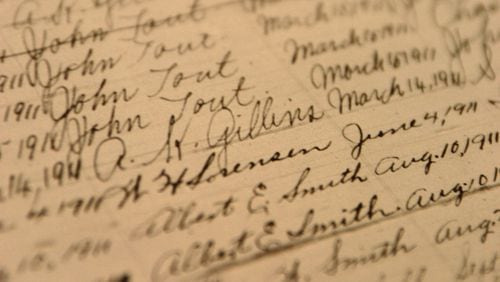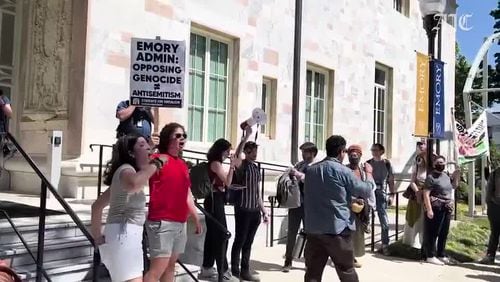Researching our ancestors can be a daunting task, figuring out which local records have survived over the years as we try to document major events in an ancestor’s life.
One must always keep in mind that county boundaries change. That is why you need to determine, when possible, the approximate location of your ancestors’ land and then which counties it might have been a part of. My ancestors Giles Driver and his son-in-law Nathaniel Sanders left Franklin County, North Carolina, near Raleigh, around 1805 to move to Georgia’s Jones County, near what is now Macon.
They lived in the southeastern corner of Franklin County, created in 1779. But the land had been in Bute County (1761-1779) before the county was dissolved and split in two. The farms they later owned had been in Edgecombe County and, before that, Granville. The farms had stayed put, the county boundaries had changed, meaning surviving records in four counties needed to be searched. You also have to factor in the land grant that started off the family’s ownership. We often think our ancestors only left records in one county, yet you need to know their proximity to the county lines. The Driver and Sanders families lived only a creek or river away from Wake, Nash and Johnston counties. Think about the way it is today. In metro Atlanta, you sometimes can be oblivious to county boundaries unless you need to vote, pay taxes, get married, probate a will, or record a deed, the same tasks our ancestors carried out.
Georgia Historical Quarterly celebrates centennial
The Georgia Historical Society, the state’s oldest historical organization, was founded in 1839. In 1917, it established the “Georgia Historical Quarterly,” which celebrates its centennial this year. For more on the society, the quarterly, and how to access it online, see georgiahistory.com. The society’s headquarters in Savannah houses a great research library and is well worth a visit. Check ahead for hours and scheduled events. The society manages the state historical marker program and has lectures throughout the year. Its website has a lot of material related to teaching Georgia history.
Deeds: Study the details
When abstracting a deed useful to your genealogy research, or any other project, be careful to note the details. Is the price a market price or a reduced value indicating a family member? What became of the widow’s dower? Who are the witnesses? Note the dates and what was happening in the family at that time.
About the Author






